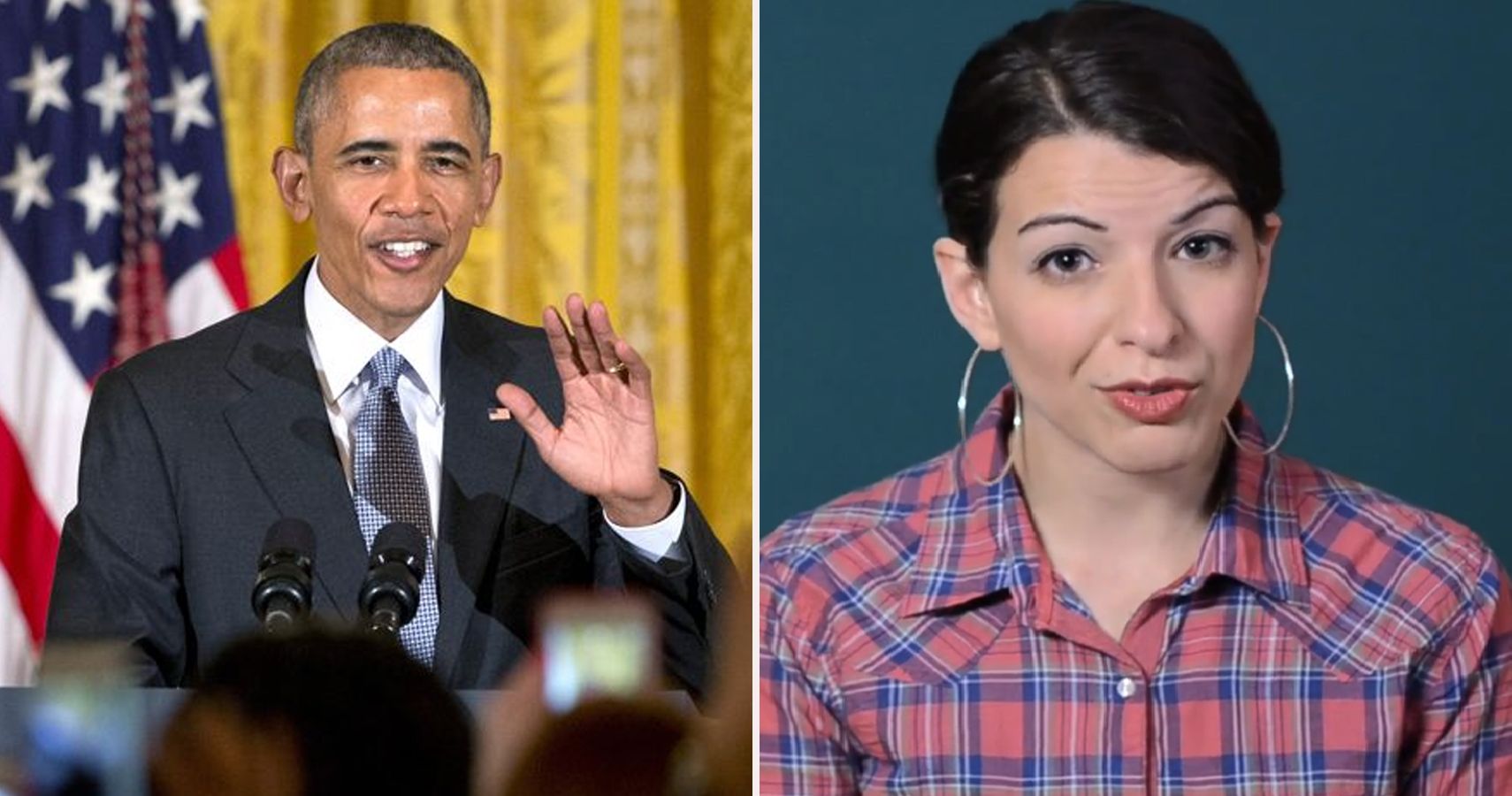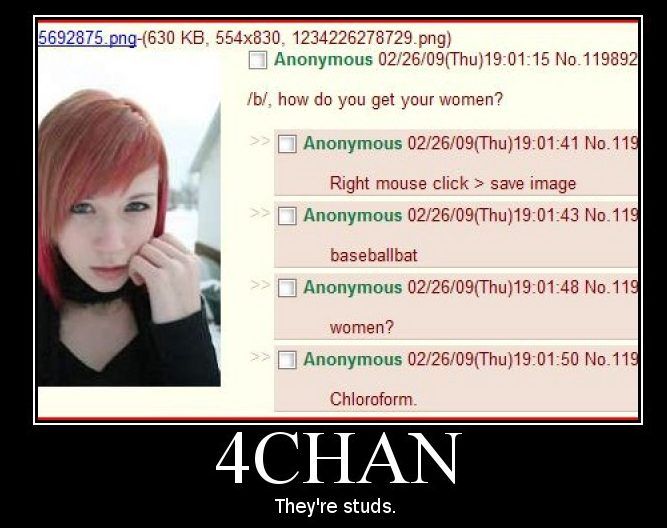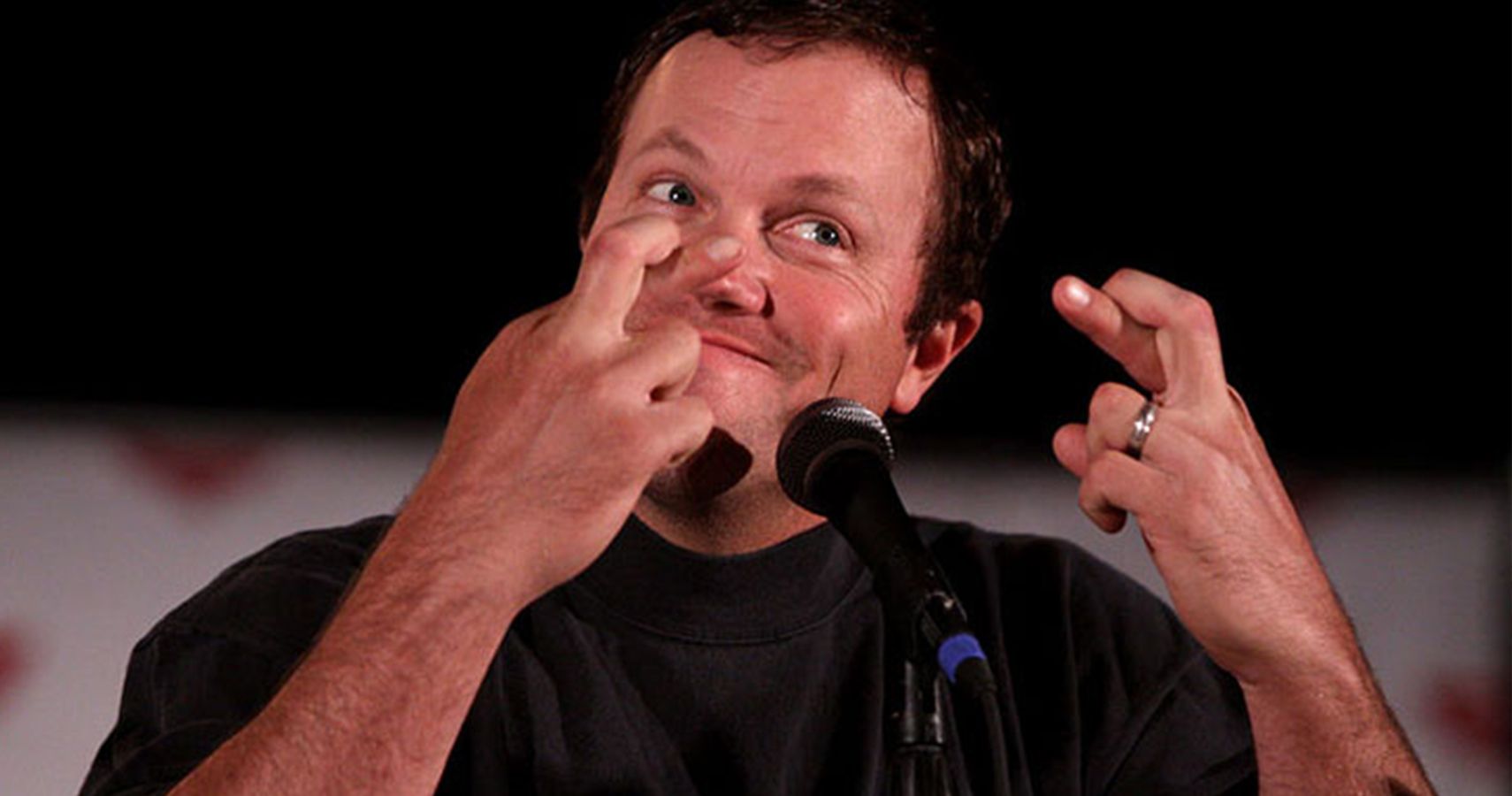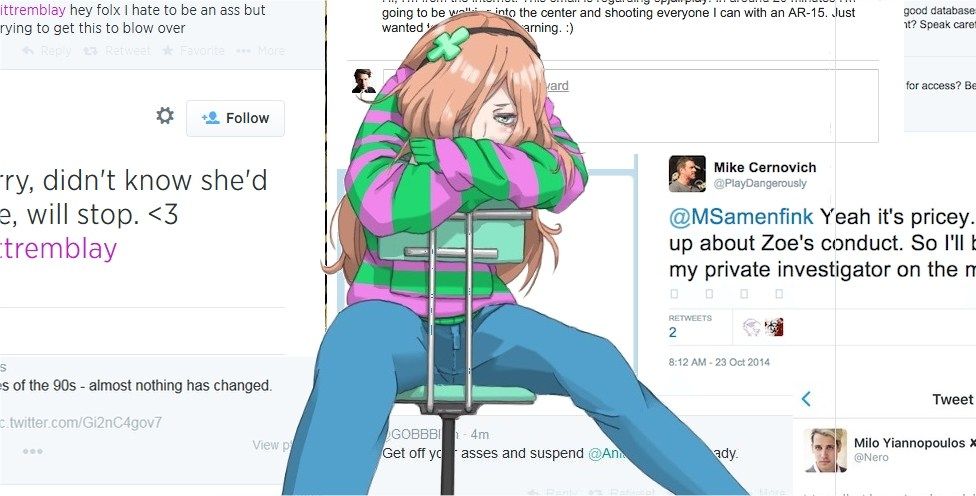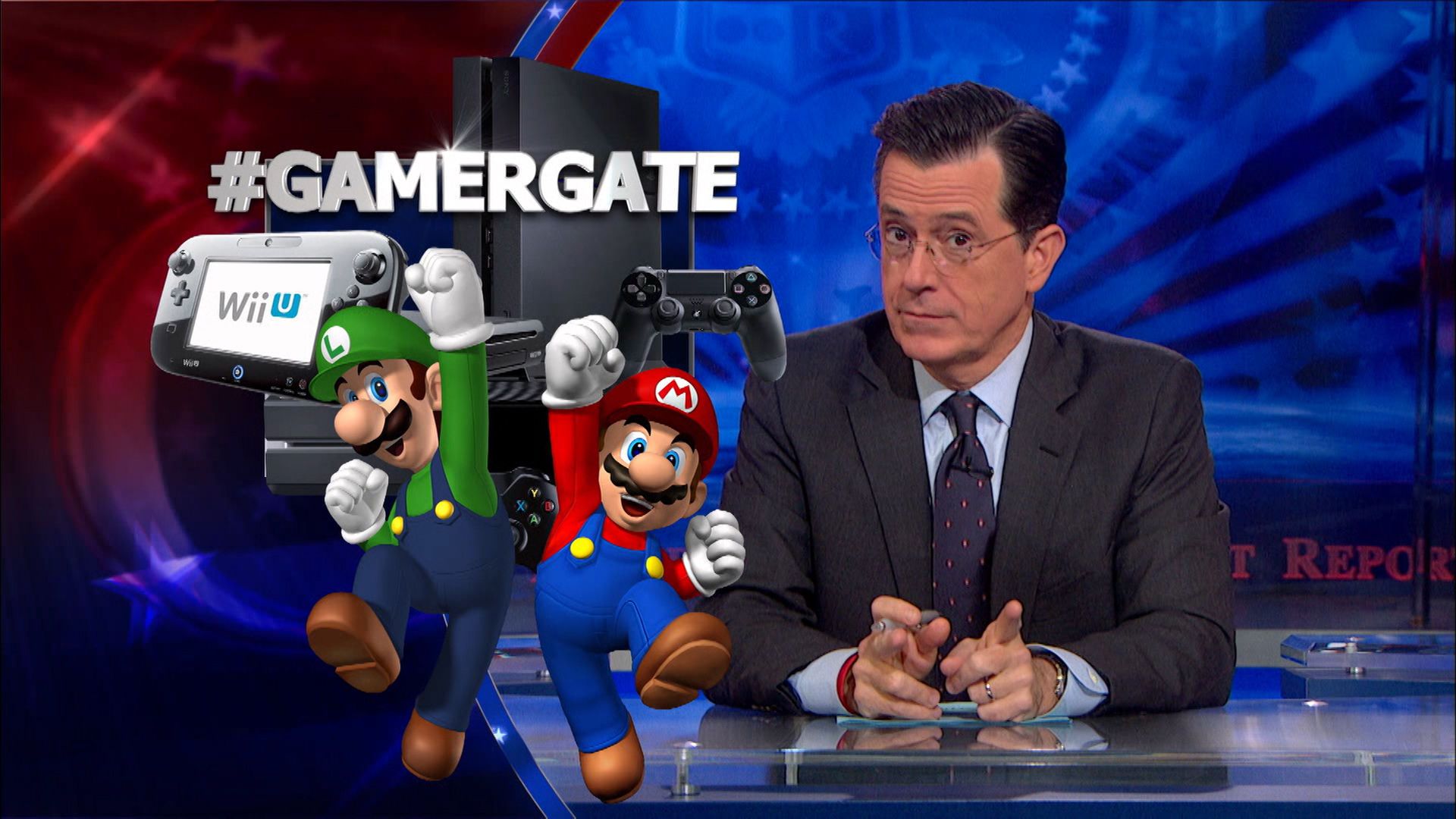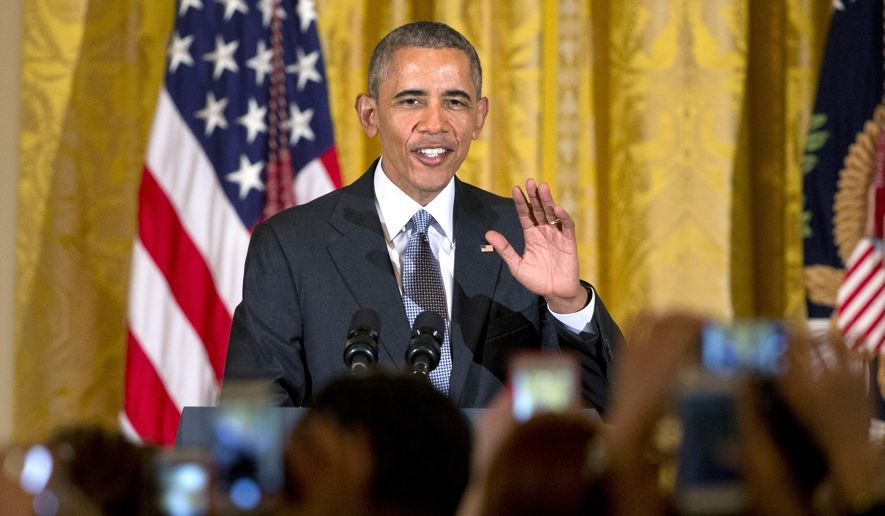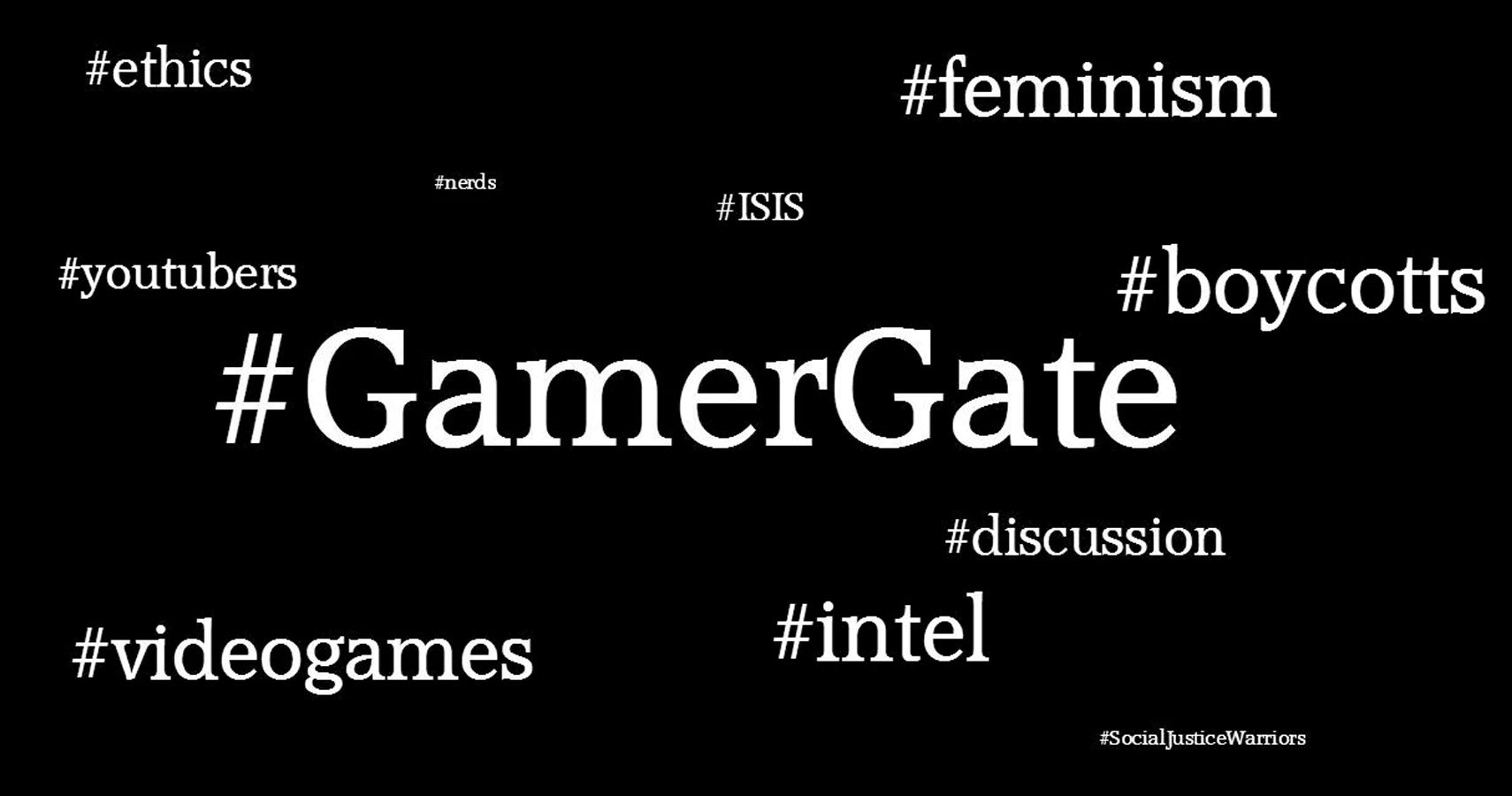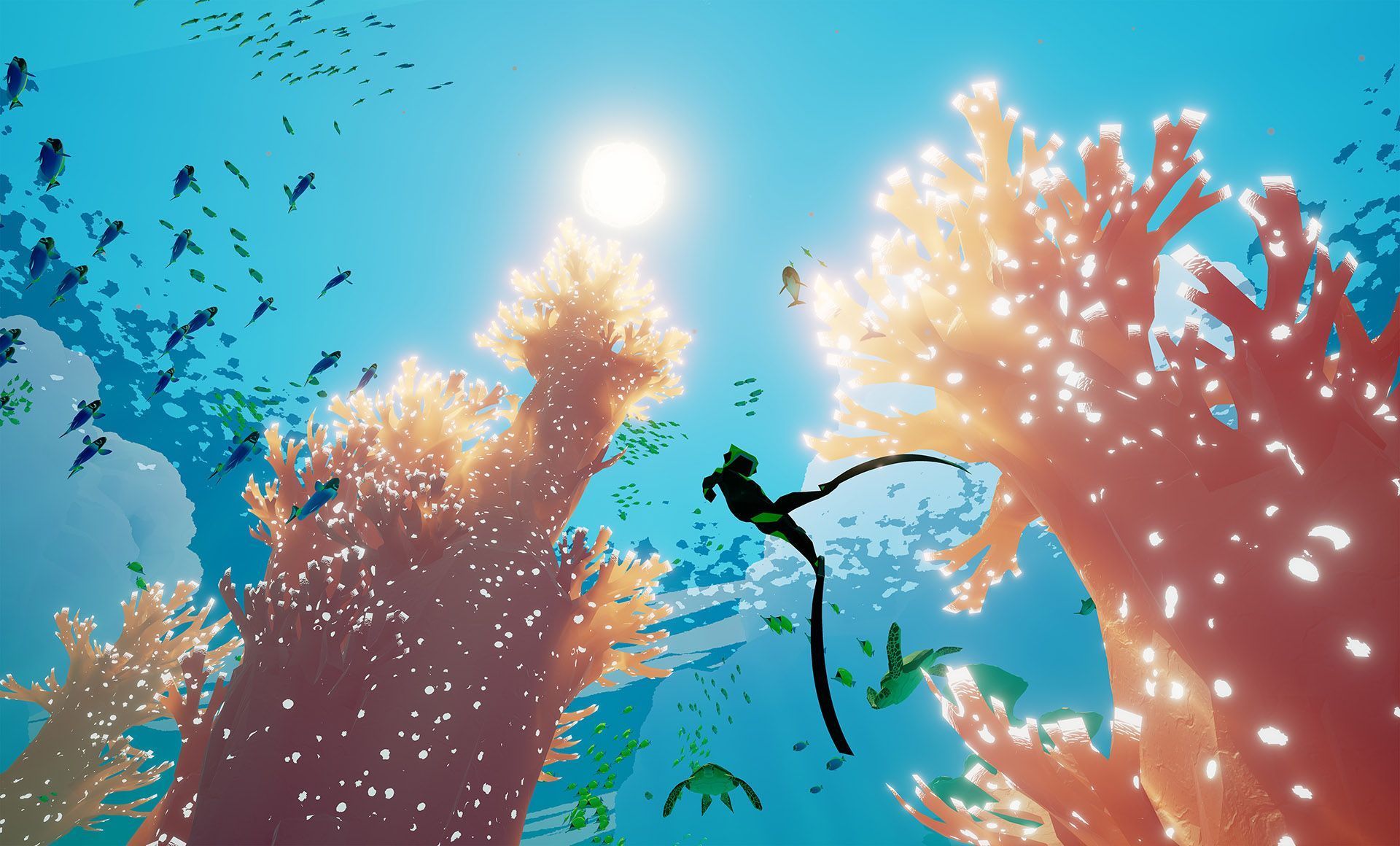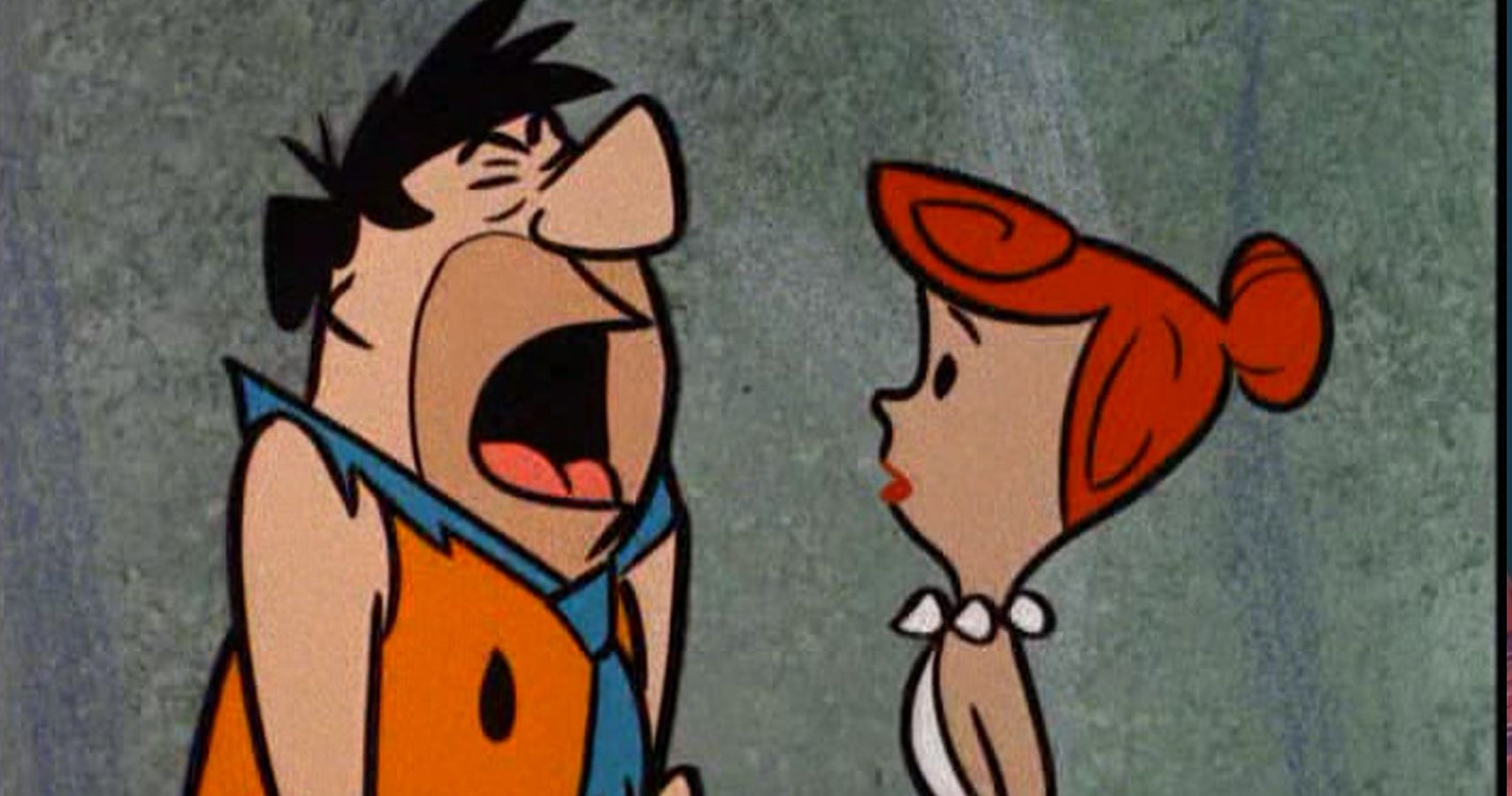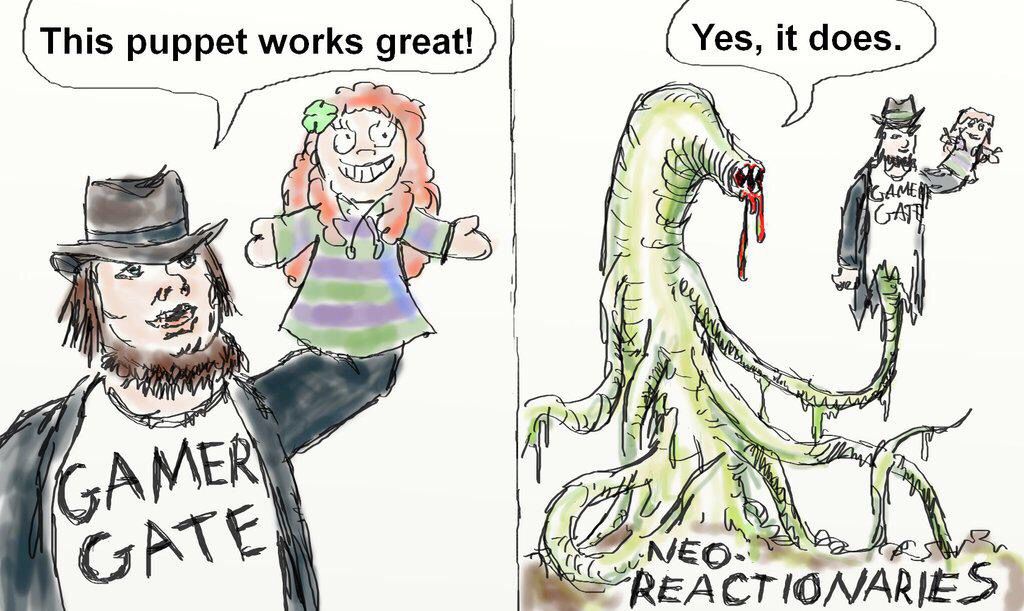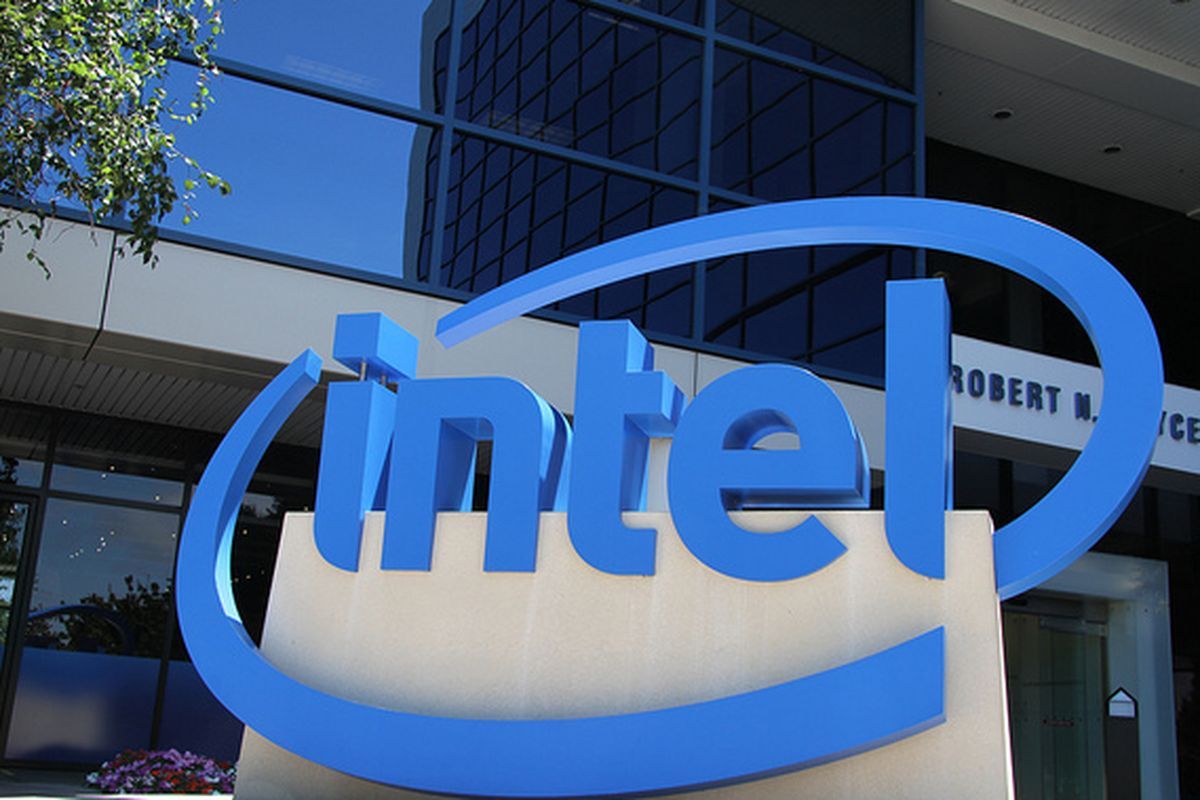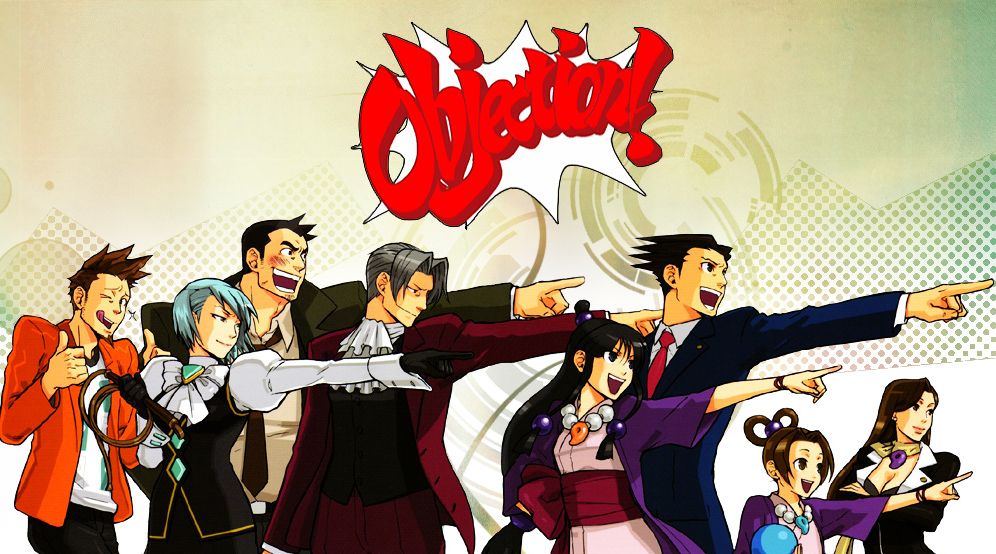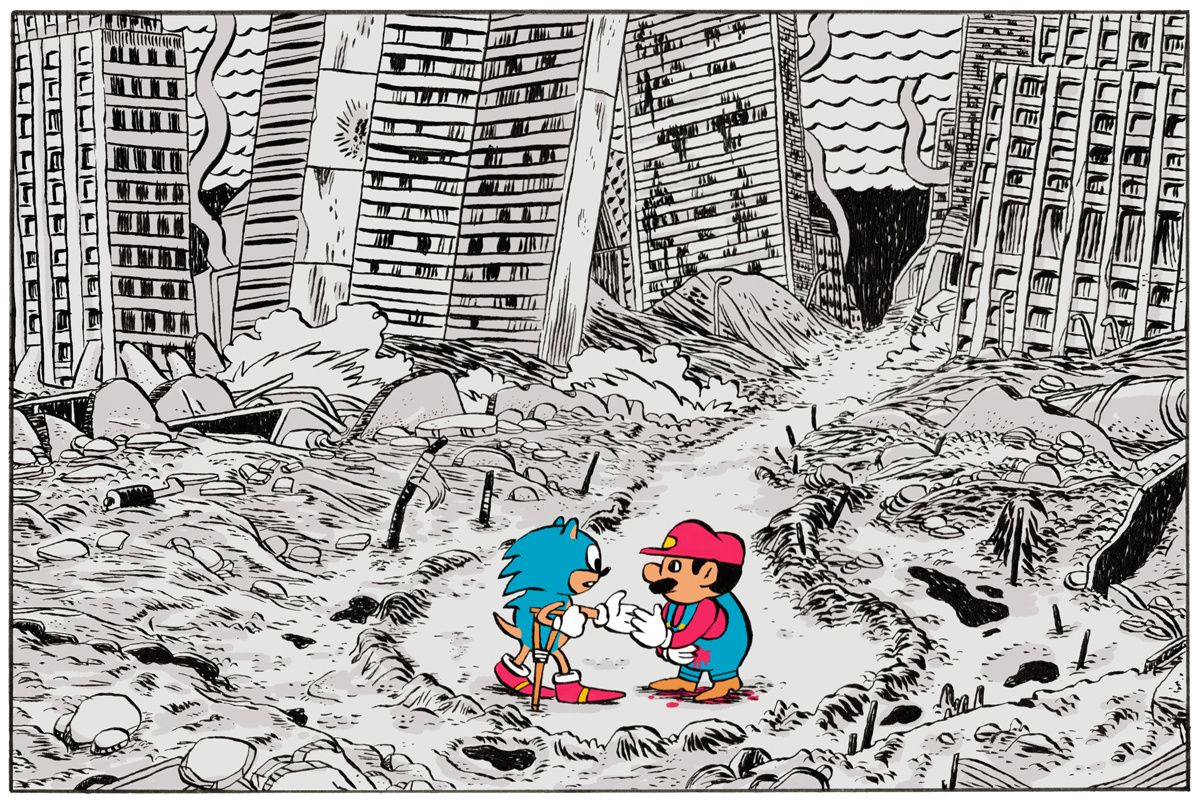Gamers, as a whole, are a pretty uncontroversial bunch. We like our games, and so long as the world doesn’t intrude on them too much, 'the world' can do whatever it damn well pleases.
At least, that’s how gaming used to be. That all changed with Gamergate.
Some background. Zoë Quinn was an independent developer making a browser-based game, Depression Quest, which was met with some generally positive reviews from gaming media. Despite the fact that the game was intended to educate a wider gaming audience on the social stigma of mental health (something I think we can all agree is a laudable cause), a subset of gamers took umbrage with its development. The creator of Depression Quest, Quinn, started receiving prank calls, hate mail, and even death threats. One letter even went into graphic detail how the writer would attack and butcher her.
It didn’t make any sense, but —as many women can attest— the internet doesn't always seem grounded in reason. A lof of women have to deal with these kinds of issues online every day. Zoë blocked her number, changed her email, and carried on with life.
Then things got worse. In August 2014 a former boyfriend posted a long, rambling blog post entry attacking Zoë for breaking up with him. Filled with personal chats and email logs, it went into excruciating detail about her personal life. It also hurtfully suggested that Zoë had entered into a relationship with game journalist Nathan Grayson in order to get her game a good review.
It wasn’t true, of course - Grayson had never even reviewed her game. But those that had been hounding Quinn found the blog and posted it to 4chan. From that deep, seething colon of the internet, a torrent of hate and vitriol would spring forth, lasting for months, and sparking a wider debate on gaming that went way beyond a few prank phone calls.
It became a campaign of hate. It became Gamergate. Here’s why.
15 4chan Is Awful
This may come as no surprise to many of you, but a lot of the worst things that happen on the internet are born in 4chan. Well, parts of it anyway. There’s quite a bit of evidence to suggest that the campaign that initially targeted Zoë Quinn got its start on 4chan, and there’s cold-hard-proof that much of Gamergate’s organization took place there.
After the ex-boyfriend blog had been posted to 4chan, those who were pursuing Quinn latched on to an erroneous comment that likened her brief relationship with Grayson to gold digging. Those same people played up this notion that somehow game journalism —as well as the video games industry as a whole— were being compromised by women and social issues. This roused more 4chan users to take part in attacks on Quinn. Anyone who came to Quinn’s defense, or even if they generally expressed disapproval for their methods, would meet the same sort of harassment.
4chan would eventually put an end to this when site founder Christopher Poole banned all discussion of Gamergate, but by then it was too late. The movement had begun, and once again, it was about to get worse.
14 It Got A Fancy Hashtag From Adam Baldwin
You may remember Adam Baldwin from such classic films as Independence Day, Full Metal Jacket, and Predator 2. What? You don’t? That might be because he had bit parts in all of them. I think his greatest role was Jayne Cobb in Firefly. Admittedly a fantastic role, but not exactly A-list.
Anyway, initially the campaign against Quinn had the imaginative nickname “The Quinnspiracy,” but then Mr. Baldwin threw his hat into the ring by calling the whole thing #Gamergate. In reference to the Watergate scandal that took down President Nixon. Sympathetic to the supposed cause that Gamergate championed —the removal of political correctness and social issues from games as a whole— he wittingly (or unwittingly) provided the rallying cry for the Gamergate movement.
13 Social Media Went Insane
Armed with its new banner, #Gamergate swept social media by storm.
By September of 2014, there had been over 1 million tweets with the hashtag #gamergate. Between September and October, that number would climb to 2 million. Reddit posts wading into the topic, as well as Tumblr post and facebook status' were everywhere. Gamers from all over took sides in a polarizing debate which you were either for or against, with no in-between.
While the larger debate erupted on social media, the attacks on women in gaming continued. There are even some 4chan discussion logs that suggest creating false Twitter accounts in order to keep the debate raging and keep attention away from their assaults.
And it worked.
12 Until It Eventually Became Real News
The Gamergate hashtag eventually became so large that major news outlets picked up on the story. Many started the same way: that Gamergate was a debate on social issues and feminism in gaming amongst passionate gamers. However, that story started to break down once actual reporters began to scratch the surface.
Speaking to Gamergate supporters, reporters would get a broad swath of motives and goals, many of them inconsistent and sometimes self-contradictory. One blogger would say that Gamergate is about retaining the purity of gaming without the influx of larger issues like societal inequality or sexism. Another would say it was about games being part of a larger medium and designers should be free to say and do whatever they want. Still, more would say it was about freedom of speech and having the right to say or do whatever they want.
After the first few months news outlets began to abandon the conflicting stories and focused more on the recurring theme of Gamergate. There was a large group of monstrous individuals coordinating attacks on anyone who disagreed with them, and especially on women.
The writing was on the wall.
11 It Even Reached The White House
A year and a half later during Women’s History Month in March of 2016, even President Obama would address the legacy of Gamergate. During a speech at the White House, he said, "We know that women gamers face harassment and stalking and threats of violence from other players. When they speak out about their experiences, they're attacked on Twitter and other social media outlets, even threatened in their homes."
The President then went on to praise the courage of women to speak out against the oppression of Gamergate. "Every day, women of all ages and all backgrounds and walks of life are speaking out. And by telling their stories, by you telling your stories, women are lifting others out of the shadows and raising our collective consciousness about a problem that affects all of us."
10 The Perfect Storm
This all begs the question: if internet trolls and 4chan have engaged in online harassment campaigns before, why did Gamergate become as large as it did?
It was quite simply the perfect storm of events. First, you had the initial catalyst, a young female game developer who dared to try and make games about anything other than testosterone-fueled fantasies. Then you had the anonymity of the internet making it easy for young men to feed off each other’s misogyny and plan vicious attacks. Then there was social media, making it easy for anyone to talk about Gamergate, allowing the story to morph and change with each new telling, and just as easily making anyone who spoke out a target.
Gamergate would focus on other women that came to Quinn’s defense, such as feminist speaker Anita Sarkeesian and game developer Brianna Wu. With each new personality, the cycle of attack would begin anew, and Gamergate would continue to grow and grow and grow.
9 Anonymous Swarm
The most important thing to remember is that the attacks that Gamergate perpetrated would never have been possible without the anonymity afforded by the internet. Everyone who participated in Gamergate’s attacks were anonymous, and this allowed it to create an environment where anyone who criticized it was at risk, while allowing them to avoid individual responsibility for harassment.
There's no 'free pass' for anyone who supported Gamergate, but it was a core group who were responsible for the organized the attacks. In October of 2014, the website Deadspin estimated that Gamergate had 10,000 supporters based on the number of users discussing Gamergate on Reddit. Even at the time it was well known that Gamergate supporters would create fake “sock-puppet” accounts in order to perpetuate the discussion and deflect attention from the people they were attacking, thus inspecting for recently created Reddit accounts gave them a pretty good estimate.
8 Gaming Evolved
Gamergate brought to the fore the brewing culture war between gaming’s established audience and its more recent adherents.
Since the late 1980s, video games had generally been marketed toward young men, and gaming’s core audience remained young men for a very long time. Over the course of decades, gaming began to broaden its appeal. In the 2010s even PC gaming began to reach a larger audience, and to Gamergate supporters, it seemed like an attack on all they held dear.
As such, Gamergate was a giant backlash by insecure men against the direction to which gaming as a medium was evolving, and naturally, they retaliated against the perceived opposite: female game developers who were making games that did not cater to their worldview.
They were wrong to do so. Gaming as a culture isn’t some rigid thing that must pick and choose what genres it caters to at the expense of all others. Gaming can grow, it can evolve, and it can contain both wildly violent and explicit games as well as artistic and fanciful explorations of the human condition.
7 It Wasn't Just Anti-Feminism
Lest we forget, it wasn’t just women that were the target of Gamergate. It had violent sentiments of homophobia, transphobia, anti-Semitism, racism, and neo-Nazism, just to name a few.
As the movement progressed, it started showing ugly tendencies reminiscent of a white supremacist movement. It became clear: this was never about ethics in journalism. When the Gamergate movement started becoming too extreme, Reddit began to cut down on email campaigns by having moderators censor or outright remove posts. The notorious 4chan would also expunge the movement, forcing Gamergate supporters to move to 8chan, a site whose founder was known to write for the neo-Nazi website, The Daily Stormer. There it would mingle with the kind of alt-right thinking that would take disenfranchised young men and lead them to ceaselessly attack minorities from the shadows.
6 The Authorities Were Powerless
Many women did more than just speak out against the evils of Gamergate - they also called the cops.
Quinn would make numerous overtures to law enforcement over the years after receiving multiple death threats. However, each time the police were powerless to find and prosecute the offenders. Brianne Wu would even keep an extensive database of threats against her, however, the FBI would largely ignore the evidence stating online harassment was a low priority for the agency.
Complicating things for law enforcement further, in June 2015, the US Supreme Court ruled in Elonis v. United States that harassing messages sent online are not necessarily true threats that would be prosecutable under criminal law.
Makes me glad to live in Canada, where credible death threats are definitely prosecutable.
5 Everybody Loves A Conspiracy Theory (aka The Red Herring)
In order to justify their actions, a lot of Gamergaters turned to an old standby: conspiracy theories.
If you remember, the whole thing started as a vitriolic campaign against Zoe Quinn for daring to bring social issues into the realm of gaming. By morphing the issue into a broader crusade against alleged corruption in game journalism, Gamergate kept everyone’s attention away from how awful they were and fixed squarely on a convenient conspiracy theory.
In many ways, Gamergate’s criticism of video game journalism was a red herring - something to distract the public from what they were actually doing. Conspiracy theories are especially good at distracting the media on the off chance they turn out to be true.
Just to be clear, there wasn’t any conspiracy. Game journalism has its fair share of problems, but women sleeping their way to a good review is definitely not one of them.
4 Games As Art?
To many Gamergate supporters, video games are not so much an art form as a tool designed to produce enjoyment. To them, game critics should review games based on a set of criteria, such as level design and graphical quality, rather than traditionally artistic criteria like aesthetics.
As much as Gamergate was a backlash against social issues finding their way into games, it was also a backlash against games as a medium for art. After all, art makes you think, and thinking critically was not an occupation that Gamergate had in mind. If they had, they might have thought twice about their actions and maybe even stopped everything before it got started.
Any medium that becomes sufficiently established will eventually become art, and no amount of hateful speech will stop it.
3 Targeting Advertisers
Another tactic used by Gamergate was to not only target critics of the movement, but also to target the advertisers within the critic's publications.
Gamasutra was one such publication that early on was very critical of Gamergate’s tactics and called them out for their vicious behaviour. In retaliation, Gamergate organized an email campaign against Intel, one of Gamasutra’s advertisers. Using a standard email form that was distributed amongst Gamergate supporters, Intel was flooded with emails stating they were offended that Intel could support a company that was antagonistic towards gamers as a group and threatened to no longer purchase their products.
The tactic worked, at least temporarily. Intel pulled their advertising from Gamasutra for a month before word began to spread about Gamergate’s despicable attacks on women and minorities. Intel would sheepishly return to Gamasutra as an advertiser and also donate over $300 million toward a “Diversity in Technology” program as a show of good faith.
Targeting advertisers also showed that Gamergate was more interested in shutting the doors of publications they didn’t agree with rather than fostering any real debate on journalism ethics.
2 Gamers Fought Back
Not everyone fell for Gamergate’s tricks. Many gamers fought back, adopting such hashtags as #INeedDiverseGames, #StopGamergate2014 and #GamersAgainstGamergate, tags that showed solidarity with the victims of Gamergate’s harassment.
It wasn’t just gamers either. We’ve already mentioned President Obama, but a lot of other big names came out in support of victims and against Gamergate. Actors Felicia Day and Wil Wheaton spoke out against Gamergate, and even Canadian Prime Minister Justin Trudeau stated Gamergate was "something that we need to stand clearly against."
This public opposition at times seemed to fuel the controversy, but it was essential in order to stop Gamergates campaign of harassment.
1 Picking Up The Pieces
It’s been a long and awful road, but a few good things came out of the whole sordid tale.
The most important thing that Gamergate did was bring the online harassment of women into the public consciousness. That alone is something to be thankful for, but many people went above and beyond. Quinn and Alex Lifschitz created the Crash Override Network (an organization dedicated to the victims of online abuse). They also provide free support, including coordination with local law enforcement to help end the harassment. Software developer Randi Harper founded a similar group, the Online Abuse Prevention Initiative, which has similar goals of ending online persecution.
It's heartbreaking that these are services we need — that we can't all just be better people. But now that it is so abundantly clear that we do, we're happy they are there.

